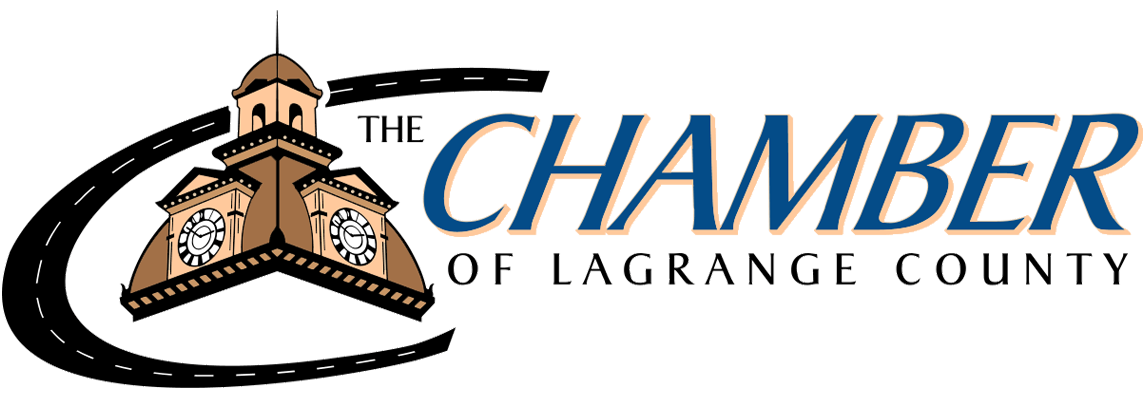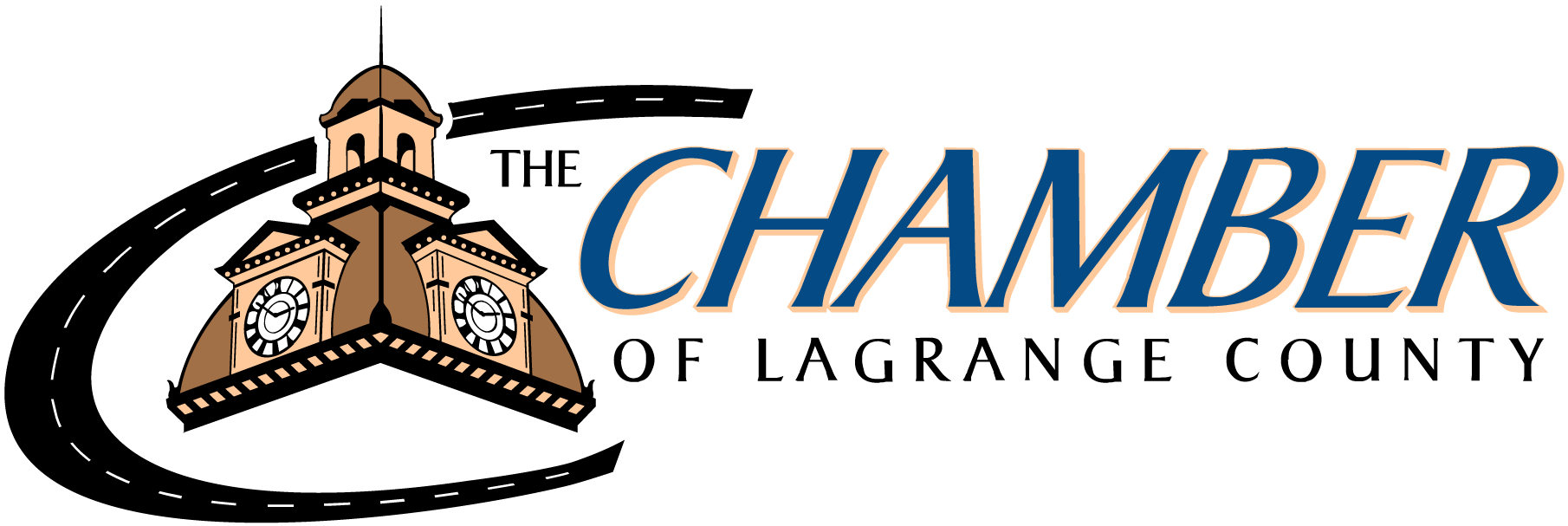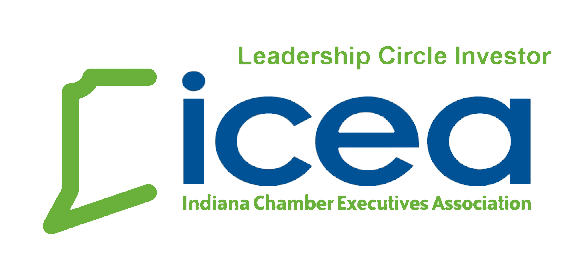LEGISLATIVE REPORT: Reading Bill Clears Committee, Tax Measures Move Forward
Chamber-Backed Reading Bill Clears House Education Committee
SB 1 / Chamber Supports
Senate Bill 1, a Chamber policy priority aimed at boosting declining reading and literacy rates, passed out of the House Education Committee this week with a 9-4 party-line vote.
With nearly one in five Indiana students struggling to read by the end of third grade and roughly the same ratio of working-age Hoosiers lacking basic literacy skills, there’s little disagreement that this issue is cause for concern and general agreement, with one notable exception, on policy remedies being considered this session.
Most of the language in SB 1 has been greeted with broad bipartisan support, including earlier identification of student reading deficiencies in early grades, more proactive summer school and tutoring support for at-risk students, and an emphasis on evidence-based instructional strategies grounded in valid science of reading research.
Policymakers have parted ways, however, when it comes to SB 1’s provisions about whether students who can’t read by the end of third grade should be held back, or “retained.” During nearly three hours of committee testimony this week, retention dominated the discussion with Democrat lawmakers and those testifying in opposition to SB 1 arguing that the retention language should be removed altogether or delayed until the science of reading reforms adopted last session have more time to take effect.
Senator Linda Rogers (R-Granger), the bill's author, and the Indiana Department of Education maintain that retention is a last resort option with multiple “good cause” exemptions for English learners, students with disabilities, and students who have been held back previously. To mitigate the risk of struggling students falling further and further behind, the Chamber and other SB 1 advocates contend that reading policies that combine proactive intervention with selective retention are preferable to social promotion practices that advance students to the next grade level regardless of skill level.
Senate Bill 1 is now headed to the House Ways and Means Committee, where it’s expected to be heard next week.
Governor Signs Wetlands Bill Into Law
HB 1383 / Chamber Supports
This year’s wetlands bill was authored by Rep. Alan Morrison (R-Brazil) and sponsored by Sen. Rick Niemeyer (R-Lowell), both Environmental Committee chairs. It clarifies various wetlands definitions and eliminates certain wetlands rulemaking requirements. This is important because there has long been confusion over who regulates and what is regulated when wetlands are involved.
What is different this year is that we supported the legislation. Due to their importance in storing water and improving water quality, the Chamber has opposed legislation in the past that reduced protections on wetlands. This bill does not substantially reduce the protections of wetlands as they exist today, however; it simply clarifies processes and practices regarding wetlands interpretation and regulation.
The bill passed out of the House Environmental Affairs Committee by a vote of 8-4 along party lines and passed the full House 64-30. It then passed out of the Senate Environmental Affairs Committee by a vote of 7-2 and the full Senate 32-17. The bill went through both houses without any amendments.
On Monday, it became the first bill of the 2024 legislative session to be signed into law by Governor Holcomb.
Tipping Off the Second Half With a Flurry of Activity
HB 1090, HB 1160, SB 150, SB 226 / Chamber Supports
The first week of the second half of the 2024 legislative session got off to a flying start with four Chamber priority bills earning hearings. That’s always our goal for this time in the process – to have early hearings – in case something goes awry and needs a tune-up to ensure its passage.
On Wednesday, the Senate Judiciary Committee heard House Bill 1160, authored by Rep. Matt Lehman (R-Berne), on civil proceeding advance payment contracts and commercial litigation financing. The bill expands the third-party lawsuit lending statute to commercial litigants. Critically, HB 1160 precludes any foreign person (including foreign entities) from lending money to plaintiffs to pursue litigation against companies in Indiana, and it prohibits plaintiffs from sharing with a lender any proprietary information received during litigation.
The Chamber joined other advocates to testify in support of the legislation. As expected, the chair of the committee, Sen. Liz Brown (R-Fort Wayne), held the bill for an amendment next week. We anticipate the amendment to narrow the definition of a “foreign person” and clarify what documents must remain shielded from lenders.
On Tuesday, the Senate’s Homeland Security and Transportation Committee unanimously passed HB 1090, authored by Rep. Jim Pressel (R-Rolling Prairie). As I've written before, HB 1090 will allow juries to hear whether the victim of a vehicle accident was wearing a seatbelt. There was significant debate among the committee members during the hearing as they ran through a series of hypothetical scenarios. Ultimately, I believe, it was Sen. John Crane (R-Avon) who persuaded the bunch; he analogized their committee to a jury and – to paraphrase – “as we decide how to vote on legislation, I think we should be entitled to evaluate all of the available information and vote based on what we hear.” So, in turn, the committee voted to allow juries to begin hearing critical evidence to mitigate damages, potentially, that have been inadmissible since Indiana’s seat belt laws were passed in the mid-1980s.
Two additional Chamber-supported bills in committee this week were Senate Bill 150, authored by Sen. Brown, on artificial intelligence and cybersecurity, and SB 226, authored by Sen. Mike Gaskill (R-Pendleton), regarding attorney fees. Senate Bill 150 was held by the House Government and Regulatory Reform Committee to address technical aspects of the bill relating to state contracts. Senate Bill 226 was not only passed unanimously by the House Judiciary Committee but received an unexpected upgrade. Via a chairman’s amendment, Rep. Chris Jeter (R-Fishers) increased the reimbursement cap from $5,000 to $7,500 for a qualified settlement offer based on his legal practice experience. The Chamber agrees that this increase will help facilitate more earnest settlement negotiations.
Chamber Tax Priorities Moving Forward
HB 1120, HB 1328, SB 61, SB 228 / Chamber Supports
House and Senate fiscal policy committees were active this week and each of the Chamber’s priority tax legislation received a public hearing. The Senate Tax and Fiscal Policy Committee heard testimony on House Bills 1120 and 1328 on Tuesday. House Bill 1120 contains provisions supported by the Chamber that extend the cap on the maximum levy amount for school operating referenda.
The legislation also contains two provisions, which may be removed by the Senate. First is a provision that increases the threshold for initiating a maximum levy appeal. Several fast-growing communities have expressed concern over the concept. They argue that more resources are needed to serve the growing population in their communities. Second, is a provision that prohibits a redevelopment commission from removing a parcel from a TIF district and subsequently adding the parcel back to the district. A redevelopment commission may do this if the value of the parcel has decreased to take advantage of a lower base assessed value, which enables the TIF district to capture a higher amount of incremental tax revenue. It’s rumored that some recently announced economic development projects rely on this flexibility to finance the deals.
The Senate Tax and Fiscal Policy Committee also heard testimony on HB 1328, the annual Department of Local Government Finance agency bill. Sponsor Sen. Eric Bassler (R-Washington) stated that an amendment is being drafted to include more provisions to the legislation. House Bill 1328 contains a measure supported by the Chamber that would allow certain eligible business entities to apply for, and receive a homestead deduction. House Bill 1328 is scheduled for a committee vote next week.
In the other chamber, the House Ways and Means Committee took up Senate Bills 61 and 228. The Chamber testified in support of SB 61, which would allow a community to petition the local fiscal body to create a tourism improvement district. The Chamber supports SB 61 as a new tool to support quality of place efforts in communities around the state. Senate Bill 228, the Indiana Department of Revenue annual agency bill, was also heard this week. Among other provisions, SB 228 eliminates the transaction threshold in establishing a sales tax nexus. This would align Indiana with many other states that have eliminated this threshold in favor of an aggregate sales amount.
Small Employers Could See Increased Insurance Costs From Bill That Passed Committee
HB 1385 / Chamber Opposes
This week, the Senate Insurance and Financial Institutions Committee heard and passed House Bill 1385, authored by Rep. Brad Barrett (R-Richmond), regarding insurance carrier payments to out-of-network ambulance providers. The Chamber testified in opposition to the bill. This legislation sets the price out-of-network ambulance providers must be paid by insurance carriers at 400% of the published rate for ambulance services established under the Medicare law or the rate set by local ordinance. In committee, the bill was amended to change the mandatory reimbursement rate from 500% to 400%.
This is another bill this session that will create an assignment of benefits by requiring that insurance carriers pay ambulance providers directly, even without the presence of a contract. We opposed the statutory increase of costs by requiring out-of-network ambulance providers be paid at a set rate. The Chamber has significant concerns this cost will be mutualized among small, fully insured employer pools causing insurance premiums to rise for employes and employees. This bill encourages ambulance providers to stay out-of-network and not contract with a health plan.
The Indiana Chamber opposes legislative efforts that could weaken or destroy health care networks that negotiate on behalf of employers, individuals and other private payers with medical providers to provide health care at reasonable rates. Assignment of benefits and government price setting are examples of legislation that could hurt or destabilize health care networks.
Ambulance service throughout the state isn’t some luxury that should be afforded to densely populated areas, but rather a lifesaving service that should be afforded to all Hoosiers, regardless of their address. Ambulance services are a public good – one that should be funded by either the state or local government, not cost-shifted to the smallest employers in the form of insurance premium increases. All Hoosiers deserve ambulance care, so let’s address this as an issue that impacts all citizens instead of passing the buck to small employers and their employees. We stand ready to engage with lawmakers to address this access to care issue fully, instead of this Band-Aid fix.
House Bill 1385 will move to the full Senate next week. The Chamber will continue to work with legislators to make them aware of the negative impacts this bill has upon small employers and employees.







